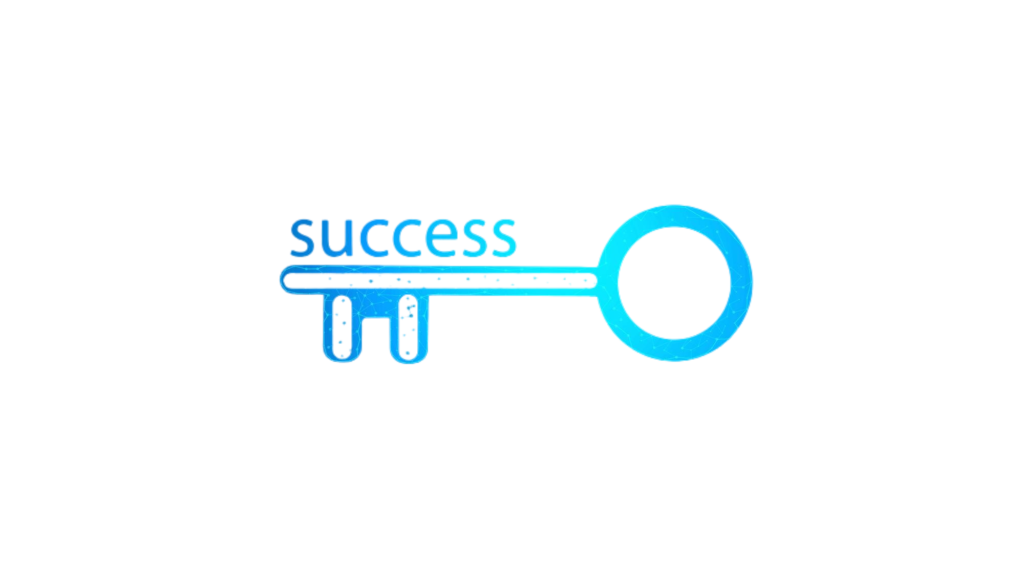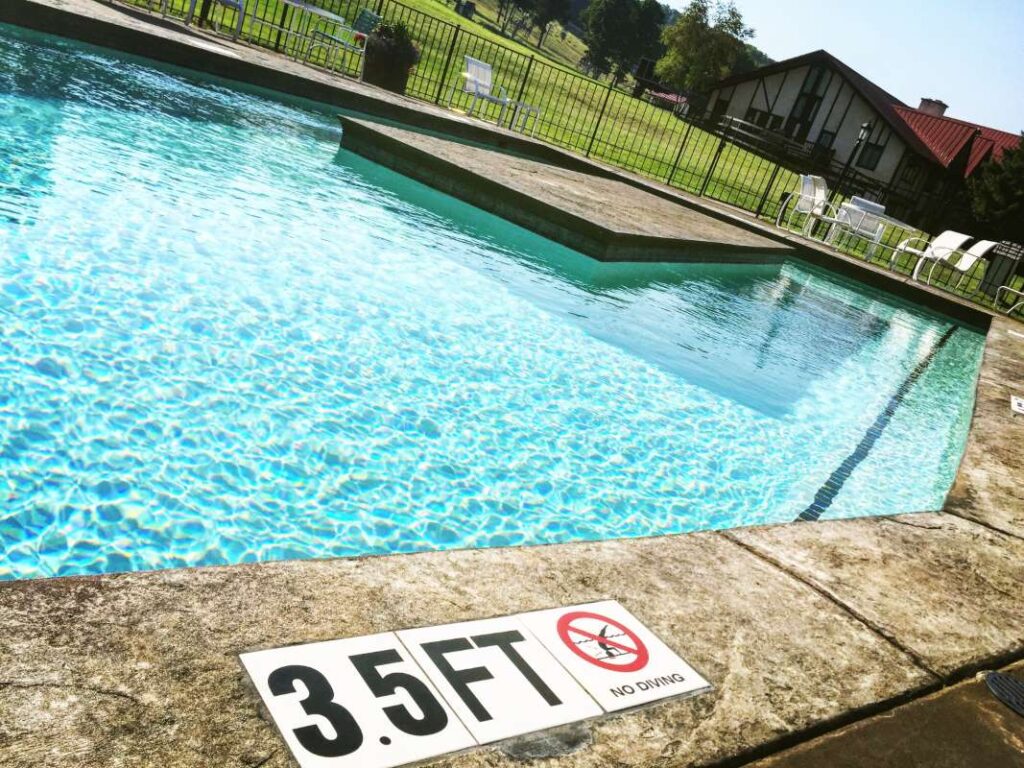Strategic Budget Allocation for Growth in Pool Services
Effective budget allocation is the backbone of any successful business strategy. For pool service companies, optimizing financial resources not only allows for growth but also ensures that operations run smoothly. In this blog post, we will delve into the intricacies of strategic budget allocation within the pool service industry. We’ll explore key components that contribute to sustainable growth and provide actionable insights to help you leverage your budget for maximum impact.
In an industry that is fiercely competitive and ever-evolving, pool service businesses face unique challenges in managing their finances. Understanding how to allocate budgets strategically can differentiate successful companies from those that struggle. From hiring qualified technicians to investing in advanced software solutions like [Pool Biller Software](https://ezpoolbiller.com/) for billing and client management, every dollar counts. The following sections will provide a comprehensive overview of budget allocation strategies specifically tailored for pool service providers, encompassing operational costs, marketing investments, technology adoption, and workforce development.
The Importance of Understanding Your Financial Landscape
Every pool service company must first gain a clear understanding of its financial landscape. This includes a thorough analysis of incoming revenue, operational costs, and potential areas for investment. According to industry research, an effective budget analysis can reveal trends and spending patterns that may not be immediately visible. For instance, analyzing service revenue can help identify which services generate the most profit, thus guiding future investments.
Moreover, it’s crucial to keep a close eye on recurring costs such as supplies, labor, and transportation. For example, maintenance supplies and chemical treatments account for a significant portion of operational costs. By efficiently managing these expenses, businesses can allocate resources more effectively. Tracking these metrics over time can also help you identify seasonal fluctuations and adjust your budget accordingly.
Investing in Technology to Streamline Operations
Adopting the right technology is essential for enhancing operational efficiency and reducing costs in the pool service industry. Pool service billing software like [Pool Biller Software](https://ezpoolbiller.com/) offers features such as automated invoicing, recurring billing, and service tracking. These tools can help save time and minimize errors, allowing your team to focus more on delivering excellent service.
In fact, businesses that integrate technology into their operations often experience improved cash flow and reduced administrative burdens. For instance, by using a cloud-based solution, pool service companies can access important client information and billing details from anywhere, enhancing responsiveness and customer service. This means you can efficiently manage multiple service routes and client inquiries without the hassle of paperwork. As such, allocating part of your budget towards technology can yield substantial returns.
Marketing Investments: Building Your Brand
In a competitive landscape, effective marketing is vital for growth. Pool service companies must allocate a portion of their budget to marketing efforts that resonate with their target audience. This could involve digital marketing strategies such as social media advertising, search engine optimization (SEO), or content marketing.
For example, creating engaging content around pool maintenance, tips for homeowners, and seasonal checklists can position your company as an authority in the industry. This not only attracts new clients but fosters trust with existing ones. Additionally, investing in local SEO tools can make your business more visible to potential customers searching for pool services in their area.
Moreover, participating in community events or sponsoring local activities can enhance brand visibility and connection. These marketing activities, when budgeted appropriately, can lead to long-term growth and customer loyalty.
Workforce Development: Training and Retention
A well-trained workforce is an invaluable asset for any pool service business. Budgeting for employee training and development should be a top priority. Investing in your team not only improves service quality but also increases employee satisfaction and retention rates.
Consider allocating resources to training programs that focus on technical skills, customer service, and safety protocols. This not only enhances your team’s capabilities but also demonstrates your commitment to their professional growth. When employees feel valued and supported, they are more likely to stay with your company, reducing turnover costs and maintaining service continuity.
Additionally, using technology to assist in training—such as online courses or instructional videos—can enhance learning while keeping costs manageable. This approach allows technicians to learn at their own pace, ensuring they have the necessary skills when servicing clients.
Financial Forecasting: Planning for the Future
Effective budget allocation involves not just planning for the present but also forecasting future financial needs. Pool service companies should regularly review their financial data and monitor industry trends to adjust their budgets accordingly. Financial forecasting helps in identifying potential challenges and opportunities that may arise.
For instance, understanding the seasonal nature of the pool service industry can help businesses plan for fluctuations in revenue. By anticipating slower months, companies can allocate funds toward marketing campaigns or promotions to attract customers during off-peak times. Regularly revisiting financial forecasts allows businesses to remain agile and responsive to changes in the market.
Incorporating financial forecasting into your budgeting process ensures that you are equipped to handle any uncertainties and can make informed decisions about where to allocate resources effectively.
The Role of Customer Feedback in Budgeting Decisions
Listening to customer feedback can greatly influence where to allocate your budget. Gathering insights from clients about their experiences with your service can highlight areas needing improvement or new services they may desire. This information can guide your budget allocation and marketing strategies.
For instance, if clients express interest in additional maintenance services or eco-friendly products, you can adjust your budget to explore these options. Implementing changes based on customer feedback not only fosters loyalty but also ensures that your services align with market demand. Budgeting in response to customer preferences can enhance your competitive advantage.
Conclusion
In conclusion, strategic budget allocation is essential for growth in pool services. By understanding your financial landscape, investing in technology, enhancing marketing efforts, developing your workforce, and employing financial forecasting, you can create a robust plan that fosters sustainable growth.
Moreover, embracing customer feedback as part of your budgeting processes ensures your services meet market demands, which can lead to increased satisfaction and loyalty. As the pool service industry continues to evolve, staying agile in your financial planning will be the key to navigating challenges and seizing opportunities.
As you consider how to optimize your budget, remember that tools like [Pool Biller Software](https://ezpoolbiller.com/) can play a significant role in simplifying your operations. By focusing on strategic budgeting, you can enhance your pool service business’s efficiency and profitability. Start planning for the future today and invest wisely in your growth!




